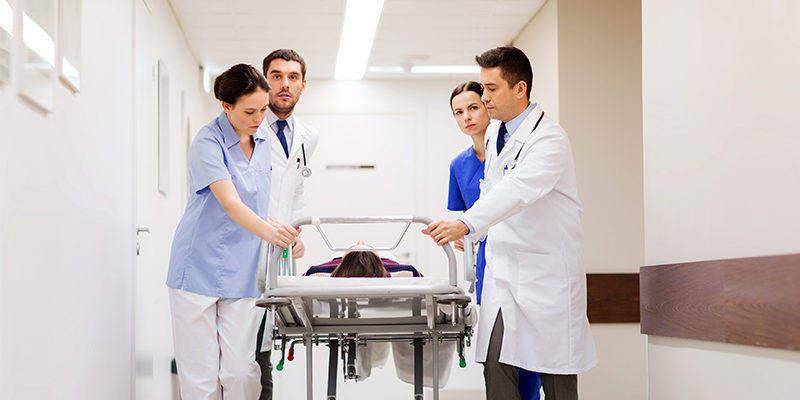Updated: As per amended Finance Act 2020
For Medical facilities in India:
Under section 17(2) of income tax, the medical expenses incurred or reimbursed by the employer for medical treatment to an employee or his dependent relative (i.e. children, spouse, brothers, sister and parents) will not be chargeable to tax in the hands of the employee, to the extent of the following:
a) Hospital maintained by the employer.
b) Hospital maintained by the Government or Local Authority or any other hospital approved by Central Government
c) Hospital approved by the Chief Commissioner having regard to the prescribed guidelines for treatment of the prescribed diseases.
Further, medical insurance premium paid or reimbursed by the employer is not chargeable to tax.
For Medical facilities outside India:
For any expenditure incurred or reimbursed by the employer for medical treatment of the employee or his family member outside India is exempt to the extent of following subject to the condition mentioned therein:
a) Expenses on medical treatment – exempt to the extent permitted by RBI.
b) Expenses on stay abroad for patient and one attendant – exempt to the extent permitted by RBI.
c) Cost on travel of the employee or any family or one attendant – exempt, if Gross Total Income (before including the travel expenditure) of the employee, does not exceed Rs.200000.
Tax benefit will also be available on any sum paid by an employer in respect of any expenditure actually incurred by an employee on his/her medical treatment or any other member of his/her family in hospitals approved by the Chief Commissioner in respect of following diseases or ailments, as these will not be treated as perquisite:
(i) Cancer; (ii) tuberculosis;(iii) acquired immunity deficiency syndrome;(iv)disease or ailment of the heart, blood, lymph glands, bone marrow, respiratory system, central nervous system, urinary system, liver, gall bladder, digestive system, endocrine glands or the skin, requiring surgical operation;(v)ailment or disease of the eye, ear, nose or throat, requiring surgical operation;(vi) fracture in any part of the skeletal system or dislocation of vertebrae requiring surgical operation or orthopedic treatment;(vii) gynecological or obstetric ailment or disease requiring surgical operation, caesarean operation or laparoscopic intervention;(viii) ailment or disease of the organs mentioned at (iv) requiring medical treatment in a hospital for at least three continuous days;(ix) gynecological or obstetric ailment or disease requiring medical treatment in a hospital for at least three continuous days;(x) burn injuries requiring medical treatment in a hospital for at least three continuous days;(xi) mental disorder – neurotic or psychotic – requiring medical treatment in a hospital for at least three continuous days;(xii) drug addiction requiring medical treatment in a hospital for at least seven continuous days;(xiii) anaphylactic shocks including insulin shocks, drug reactions and other allergic manifestations
Loans for medical treatment of above diseases specified in Rule 3A are also exempt, provided the amount of loan for medical reimbursement is not reimbursed under any medical insurance scheme.
Related Post:






